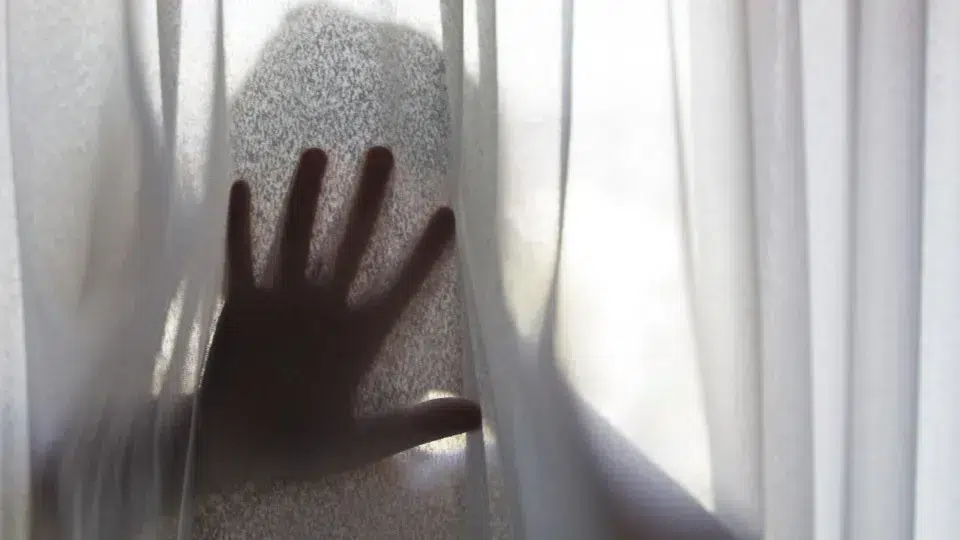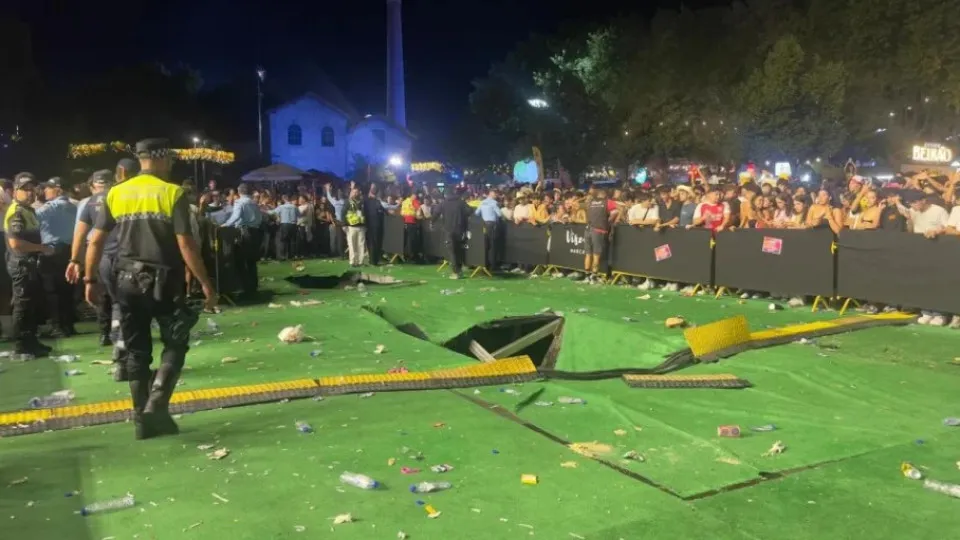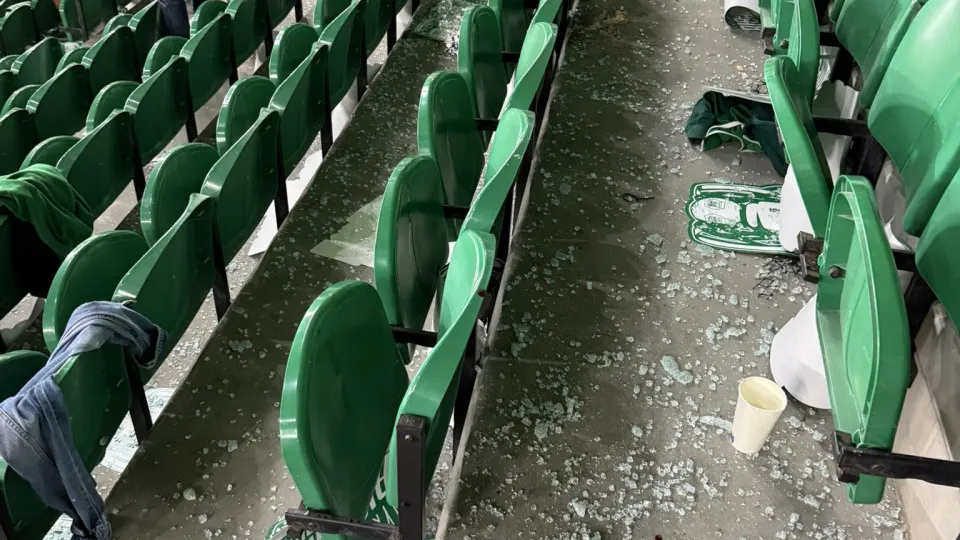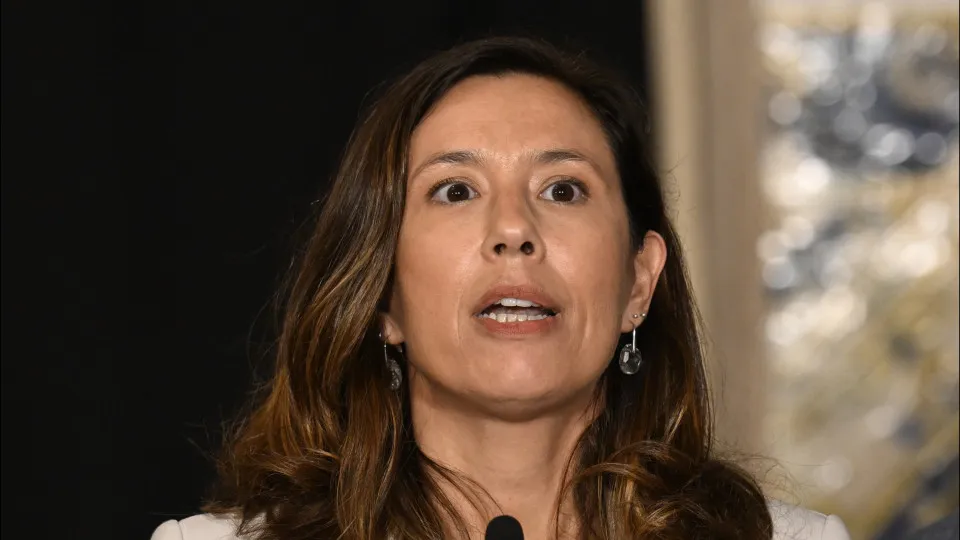
Sociologist Boaventura de Sousa Santos, in his first interview since being accused of sexual and professional misconduct, maintained that he has a “clear conscience,” acknowledging mistakes but asserting, “they were not of that nature.” He further claimed that the women who accused him were exploiting him, believing that working with him guaranteed lifelong employment.
“I’ve been under defamation for two years without being able to defend myself. Everything arose from a defamatory chapter, falsely presented as anonymous, violating English law, and pseudo-scientific. The publisher itself withdrew it, and it was criticized by numerous prominent American feminists. This chapter inflamed public opinion and the Center for Social Studies (CES). I was never heard. Two years have passed; this cannot continue to destroy my reputation, health, and family without evidence or documents.”, he expressed to CNN Portugal.
The founder of CES at the University of Coimbra did not dismiss the possibility of “irregularities” but refused responsibility. He argued that the accusers’ intent was to remove him, as “that was the main goal of all these accusations.”
“My reputation is international. If they wanted to remove me, it had to be a loud scandal, it couldn’t be something simple. There was a convergence of internal and external interests. I am a critical intellectual, Leftist, uncomfortable, criticizing both Right and Left, without allegiance to any church or party, making me an easy target for attacks by forces outside CES. Within CES, there’s been tremendous rivalry because I was the first to hold a major European social sciences project in Portugal. From that point, many wanted to work with me, thinking that it guaranteed lifelong employment, which wasn’t true”, he stated.
He added: “These people exploited me, thinking working with me was a lifelong employment guarantee. […] When they saw sexual harassment allegations against me didn’t work, they shifted to workplace harassment. Workplace harassment is the intensity of work demanded.”
Boaventura de Sousa Santos insisted he was “always extremely careful,” though he admitted having made “mistakes, but not of that kind.”
“I am 84 years old. Any man my age who claims he never made a flirtatious remark or compliment to a woman in the ’60s or ’70s is either lying or hypocritical. And any woman of that age who never liked such remarks is lying or hypocritical”, he considered.
From the investigator’s perspective, the accusers “worked on a major project, where they could have accomplished significant things, written important texts, earned substantial money, but failed to produce the texts,” thus “transferring that failure” onto him.
“Those who study harassment know that women who are genuinely traumatized don’t like to talk, prefer not to speak. We created institutions for them to speak. These women were privileged, now resembling trauma sellers”, he accused.
The sociologist further suggested that he was subject to “completely false accusations” and the alleged victims “might all be lying.”
“I never had contact. None of these people can claim physical or intimate contact with me, it’s as simple as that. […] They know very well that sexual harassment is what sells”, he said.
Boaventura de Sousa Santos explained that he nurtures “a logic of proximity with everyone,” but denied engaging in “such contacts without others present.”
“It seems these supposed victims were not satisfied, and 13 of them signed an extremely defamatory letter. I obviously requested to see the documents presented, because we are in a country with the rule of law that demands presumption of innocence and the right to defense. […] If the report had favored the alleged victims, they wouldn’t have written a letter.” It’s evident that their need to say ‘we want expulsion, a disciplinary process’ demonstrates that the report was unsatisfactory for them,” he noted regarding the conclusions of the CES independent committee.
Despite “all this sorrow,” the investigator admitted he cannot harbor hatred, suggesting that precariousness and ensuing competitiveness in academia might explain the situation.
“I am unfortunate with the system. Since December, the case has stalled. Imagine being in my shoes […] If I want to repair my good name, what is the point of a verdict in a year? This case was supposed to last three months,” he lamented.
Boaventura de Sousa Santos announced at the end of September that he has filed a civil lawsuit for personality protection in the Coimbra Court, seeking to safeguard his good name and honor against the collective accusations by women.
Three researchers associated with the CES at the University of Coimbra highlighted harassment incidents in a chapter of the book titled ‘Sexual Misconduct in Academia – For an Ethics of Care in the University’, leading to the suspension of researchers Boaventura de Sousa Santos and Bruno Sena Martins from all their roles at CES in April 2023.
Subsequently, CES established an independent commission to investigate the claims, releasing its report nearly a year later, on March 13, 2024, which confirmed patterns of conduct involving abuse of power and harassment by individuals in higher hierarchical positions without naming them.
The report, shared with the independent commission, detailed 14 individuals accused by 32 complainants through 78 allegations.
One week later, a group of 13 women urged Portuguese judicial authorities in a signed document to urgently investigate the alleged criminal behaviors mentioned in the report.




